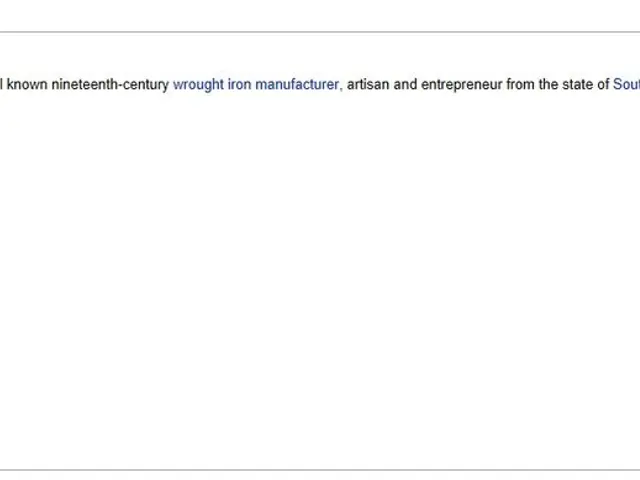Takealot currently employs roughly 6,500 South Africans. Possible future hires may emerge from technical colleges.
The Takealot Group, South Africa's largest e-commerce company, has partnered with the Department of Higher Education and Training (DHET) to pilot a digital skills program in three Technical and Vocational Education and Training (TVET) colleges. This initiative aims to modernise vocational training and prepare students for jobs in e-commerce, logistics, and digital entrepreneurship.
The program will undergo three phases: curriculum updates, student mentorship, and job placements. The curriculum updates will align classroom teaching with the demands of the digital economy, ensuring that TVET college graduates receive industry-relevant skills. Students will benefit from mentorship by Takealot staff, and work placements at company facilities, including distribution centers.
The partnership is part of a larger initiative to reshape how young people are prepared for the changing economy. Youth unemployment in South Africa currently stands at 46%, and more than half of TVET graduates are unable to find work. This program seeks to address these challenges by building a pipeline of digital talent and suppliers in South Africa.
The program will roll out in TVET colleges in Gauteng, KwaZulu-Natal, and the Western Cape provinces, near Takealot's distribution hubs. Takealot Group CEO Frederik Zietsman stated that scaling e-commerce operations requires more than infrastructure; it demands agile, future-facing skills. He emphasised the importance of preparing students for the digital future.
The partnership includes four initiatives, one of which is a township economy initiative that supports local manufacturers and restaurants with digital tools. This initiative aims to empower local businesses and create a more inclusive digital economy.
DHET Deputy Minister Dr Mimmy Gondwe emphasised the need to modernise vocational training and link it directly to job opportunities in the digital economy. She expressed her hope that this partnership will contribute to reducing youth unemployment and preparing students for successful careers in the digital sector.
The exact names of the selected TVET colleges have not been disclosed at this time. However, it is clear that this partnership represents a significant step towards equipping South Africa's youth with the skills needed to thrive in the digital economy.
Read also:
- Chinese Rare-Earth Mining Endangers the Mekong River's Integrity
- Deteriorating munitions are submerged in the Baltic Sea, and Germany aims to retrieve them before it's too late.
- Reliance, led by Ambani, and other entities are reportedly in negotiations with OpenAI to introduce the Stargate project, valued at half a trillion dollars, within India.
- Energy Minister of Malawi, Ibrahim Matola, heads Malawian delegation for a knowledge exchange on BESS (Battery Energy Storage Systems), a trip held in India. This exchange is backed by the Global Energy African Partnership Program (GEAPP).







